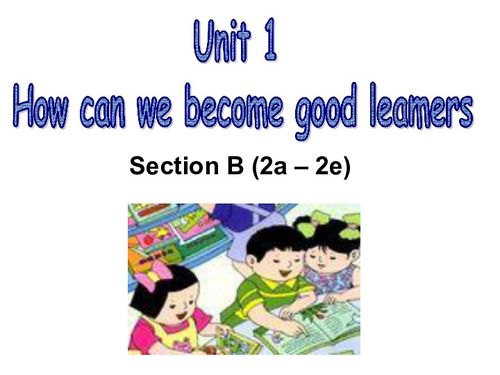Understanding the Potential

As a teacher, you’ve likely honed your skills in communication, curriculum development, and educational strategies. These skills can be invaluable when it comes to making extra money online. The internet offers a plethora of opportunities for educators to monetize their expertise. Let’s explore some of the most promising avenues.
Online Tutoring Platforms

One of the most straightforward ways to make extra money online is through online tutoring. Platforms like VIPKid, Chegg Tutors, and Wyzant connect teachers with students seeking personalized instruction. You can set your own rates, choose your subjects, and work as much or as little as you like.
| Platform | Focus | Payment Structure |
|---|---|---|
| VIPKid | Chinese language and culture | Hourly rates vary, typically around $18-$22 per hour |
| Chegg Tutors | Wide range of subjects | Hourly rates vary, with tutors earning an average of $20-$30 per hour |
| Wyzant | Wide range of subjects | Hourly rates vary, with tutors earning an average of $25-$35 per hour |
Creating Educational Content

With the rise of online learning, there’s a growing demand for high-quality educational content. Consider creating courses on platforms like Udemy, Teachable, or Coursera. You can share your expertise on a variety of subjects, from language learning to coding.
Here’s a breakdown of some popular platforms:
| Platform | Focus | Revenue Sharing |
|---|---|---|
| Udemy | Wide range of subjects | 50% of course sales go to the instructor |
| Teachable | Customizable online courses | 10% transaction fee |
| Coursera | University-level courses | Varies by partner institution |
Writing Educational Articles
If you have a knack for writing, consider contributing articles to educational websites and magazines. Websites like The Educator’s Room, Scholastic, and Education Week offer opportunities for teachers to share their insights and experiences.
Here are some tips for getting started:
- Research websites that accept submissions from educators.
- Read the guidelines and submit articles that align with their focus.
- Be professional and concise in your writing.
Freelance Writing and Editing
With your experience in curriculum development and educational materials, you can offer freelance writing and editing services. Websites like Upwork and Freelancer connect professionals with clients seeking writing and editing assistance.
Here’s what you can do:
- Offer to write educational content for blogs, websites, and magazines.
- Provide editing services for educational materials, such as textbooks and lesson plans.
- Set your rates based on your experience and the complexity of the project.
Online Workshops and Webinars
Share your expertise by hosting online workshops and webinars. Platforms like Zoom and GoToWebinar make it easy to host virtual events. You can charge a fee for attendance and offer valuable insights to your audience.
Here’s how to get started:
- Choose a topic that aligns with your expertise.
- Set a date and time for your event.
- Market your workshop or webinar to potential attendees.
Podcasting
Consider starting an educational podcast. Podcasts are a great way to share your knowledge and insights with a wider audience. Platforms like Anchor and



